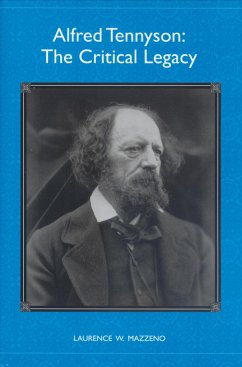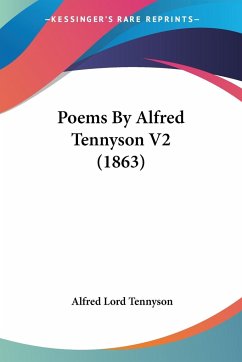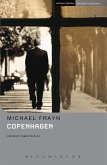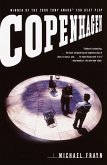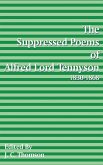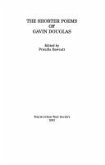Alfred Tennyson: The Critical Legacy explores the critics' reaction to the work of the nineteenth-century English poet most closely associated with the Victorian era. Perhaps more than any other Victorian poet, Tennyson's reputation has waxed and waned in the century since his death. He has been alternatively sanctified and vilified for his choice of subject matter, social outlook, morality, or techniques of versification. His reputation has weathered even the most vitriolic attempts to discredit both the man and his writings; and as criticism of the late twentieth century demonstrates, Tennyson's claim to pre-eminence among the Victorians is now unchallenged. Laurence Mazzeno begins this narrative analysis of Tennyson criticism with an look at how Tennyson was regarded by his contemporaries, before launching a detailed examination of twentieth-century criticism. A chapter is devoted to the period immediately following Tennyson's death, when a generation of post-Victorians reacted violently against what they considered his sappy sentimentalism, cloying moralism, and insensitive jingoism. Subsequent chapters describe how critics resurrected Tennyson, highlighting both his technical mastery and his social criticism. Special attention is given to major biographers and critics such as Harold Nicolson, the poet's grandson Sir Charles Tennyson, Jerome Buckley, R. B. Martin, Michael Thorn, and Peter Levi. A final chapter focuses on the ways Tennyson and his work have been addressed by poststructuralist critics. Throughout the study, Mazzeno demonstrates that the critics' reaction to Tennyson reveals as much about themselves and the critical prejudices of their own times as it does about theVictorian Laureate and his poetry.Laurence W. Mazzeno is president of Alvernia College, Reading, PA.
Bitte wählen Sie Ihr Anliegen aus.
Rechnungen
Retourenschein anfordern
Bestellstatus
Storno

